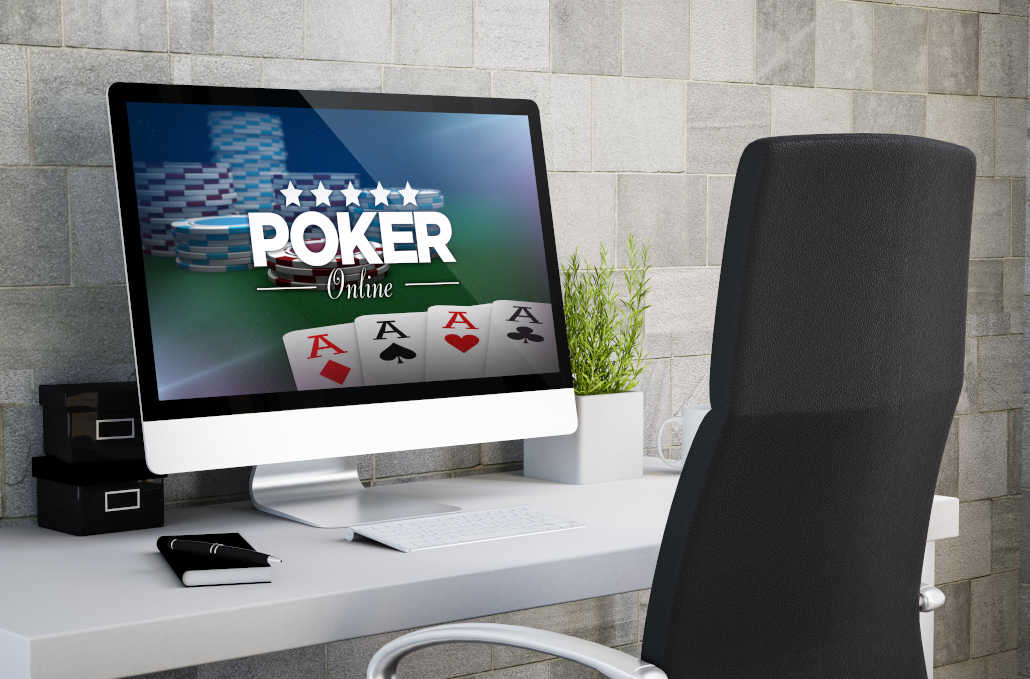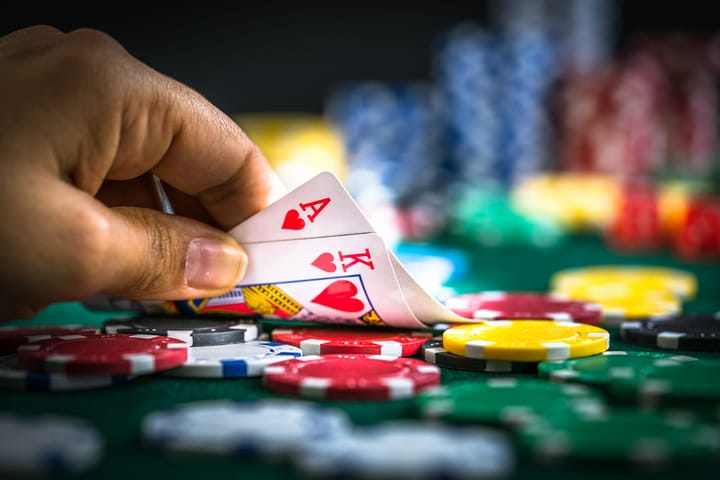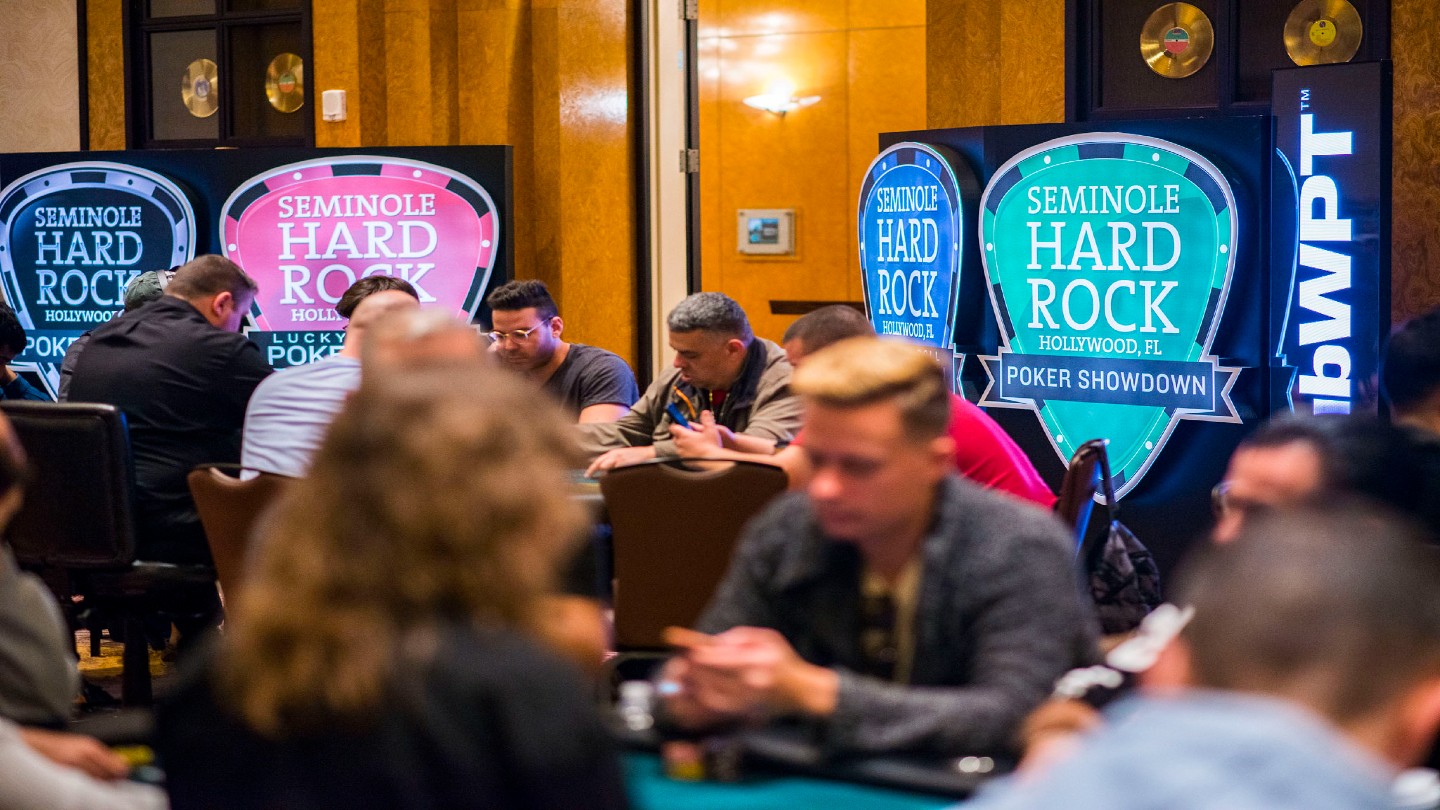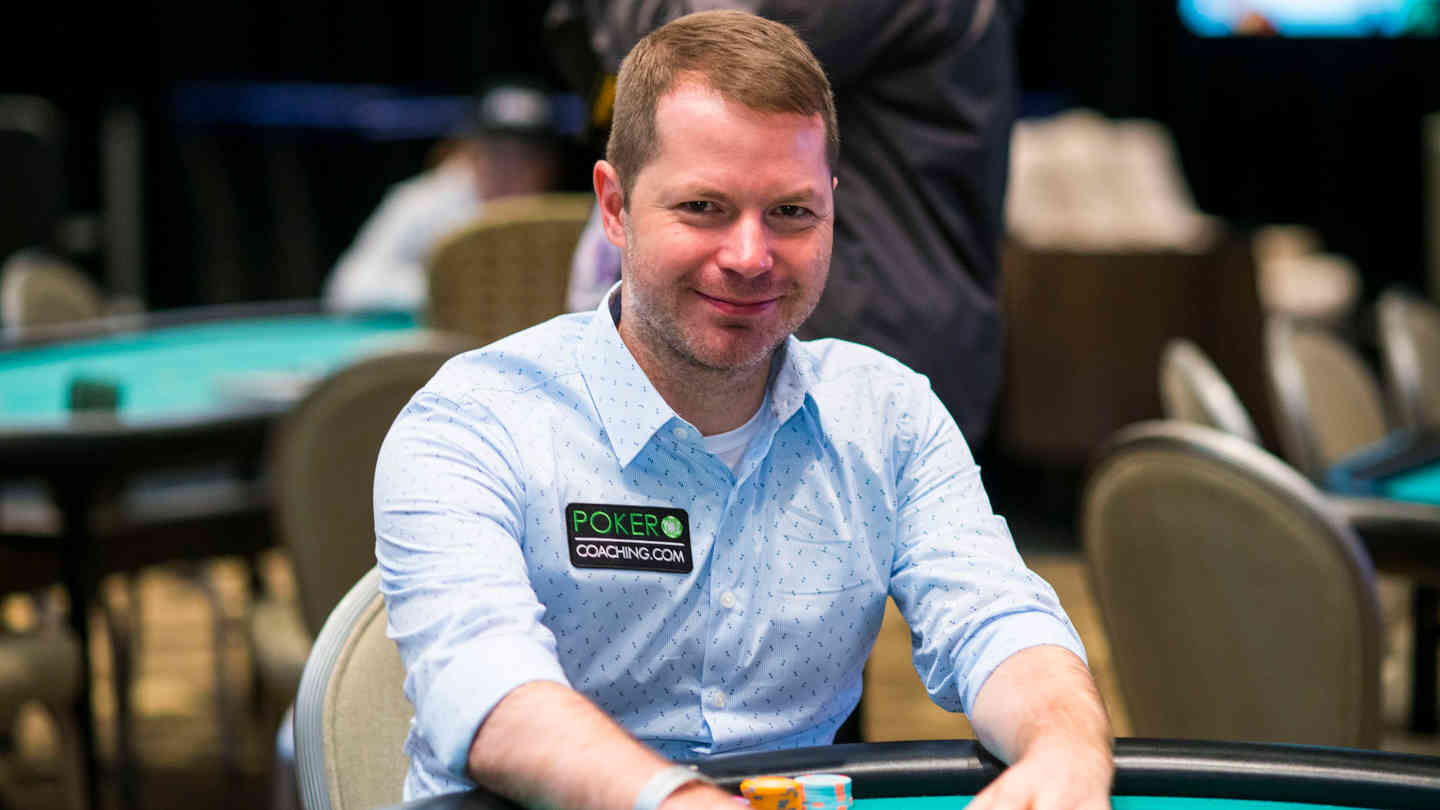5 Strategies to Avoid if You Want To Win in Poker

6 minutes
Last Updated: March 19, 2024
5 Strategies to Avoid if You Want To Win in Poker
Images from shutterstock.com
Poker is one of those games that most people find thrilling to watch and exciting to play. Almost everyone has played poker at least once in their life. Some even won big thanks to beginners' luck. Still, there is much more to poker than having plenty of luck – it's a game of chance and skill.
Some people rely on pure luck to win; others rely on various strategies. There are, indeed, strategies you could employ to increase your chances in Texas Hold’em, but there are also some you should avoid at all costs.
In this article, we’ll talk about the latter. Here are some common mistakes beginners make when just taking up poker and some helpful tips on what to do instead to quickly improve your game.
Strategy 1: Go Big or Go Home
Going after the big players before you learn how to play is a foolproof way to lose a ton of money.
Those who are just entering the world of poker are often advised to play only with players worse than themselves, and for a good reason. This is the most effective way to learn more about poker before you step into the big league.

You always want to have your winning chances at the highest, so it is vital to keep an eye on other players.
If reraises are very frequent, or if at least one of the players keeps betting the bare minimum to stay in the game, these could be the signs that you’re not dealing with seasoned players and that you stand a chance of outplaying them.
If you don’t notice anything wrong with the game, you are probably the weakest link. It would be best for you to get up and find another table before you lose everything.
What if, as a beginner, you can’t find a table with less-skilled players than yourself? Try playing with your friends first, or find opportunities to play just for fun.
It’s a far better strategy than just blindly diving into the world of poker. Get to know the basic rules of poker at least, and then choose your opponents wisely.
Strategy 2: Playing When You Don’t Feel Like It
Like everyone else, you’ll have good days and bad days. Playing poker should always be about having fun and enjoying yourself. Forcing yourself to play on bad days is not the best choice.
Save yourself the frustration, and get up from the table if you sense negative emotions, such as anger and jealousy overwhelming you, or even if you just feel annoyed. These can quickly build up during a session, and you’ll end up allowing them to cloud your judgment.
As a consequence, you’ll be in danger of risking more of your bankroll than you can afford or not quitting the game when you know you should.
If you can’t focus, feel insecure, or can’t keep your poker face on, it might not be the best day to join a game of poker.
Poker will still be there tomorrow, and you’ll always find another game to join. Just don’t play when you don’t feel like it. Following this simple rule could save you a lot of stress and money.
Also, if you play when you feel like playing and are excited about the upcoming game, you’ll make better decisions throughout the play, and hopefully, pull in more big pots.
Strategy 3: Never Fold!
Most people are reluctant to fold, even if they have a bad poker hand. That’s understandable since players always hope to win, and when you fold, you don’t stand a chance of taking the pot home.
Additionally, we humans are curious beings – we all want to see the game through and find out what the opponents had in their hands.
However, the main difference between a good player and a bad one is that the good one knows when to fold. Bluffing too often or calling too much isn’t going to work in the big league, and it’s usually not a very good idea in private games, either.

Whenever you are unsure of what to do or feel like you are being outplayed, folding is usually the correct answer. Some players and their moves will be easy for you to read, others – not so much.
You’ll quickly notice when a player is slow to raise but suddenly goes all in. On the other hand, the behavior of players who go in aggressively and play a lot of hands is more difficult to interpret.
“You’ve got to know when to hold ‘em, know when to fold ‘em,” the song goes, and if you want to be good at poker, you need to learn just that.
Strategy 4: Being Ignorant About Other Players
Poker is half mathematics and estimating the odds and half reading other players and understanding whether their moves come from a position of strength or weakness.
If you can’t tell the difference, then it’s likely you won’t be able to predict the hands and the course of the game.
When you are at a poker table, tells are everywhere. If you know where to look, that is. Learning how to read tells is easier when you play with beginners. With inexperienced players, you can effortlessly spot the difference between a relaxed player with a good pair in their hands and a nervous one checking their cards every now and then.
As you grow more accustomed to these tells, you’ll be able to differentiate relaxed attitudes because of a strong hand from uninterested ones caused by a poor hand.
Whether or not someone establishes eye contact, talks throughout the hand, or plays with their poker chips or cards are all tells.
Probably the most critical tells are the ones you give out yourself. Pay attention to your actions and other players’ reactions to them to establish what gives you away.
Do your hands shake? Are you quick to take action? Once you establish what your tells are, you should work on making those go away.
Strategy 5: Not Learning From Your Own Mistakes
Every time you win, it’s because you did something right. Quite often, the opposite applies to losing. It’s essential to learn from your mistakes but also recognize good moves so you can repeat them.
Regardless of whether you folded or took home the pot, make sure to analyze the game’s details, other players’ hands, and the overall session. It’s an excellent way to improve your play and become a better player in the long run.

Some players keep a detailed record of all the games they’ve ever played, their opponents, and the odds they’ve beaten. Others turn to mentors to help them analyze their games and use the insights to improve their chances of winning.
Whichever method works for you is the correct one, as long as it helps you to continue improving.
Keep Playing
Anyone looking to win big in poker and become a good player must employ a good strategy and constantly improve on it. The smartest way to go about this is to be persistent, keep learning, and keep playing! Find useful poker tips, take them to heart, and understand that the journey to becoming a good poker player is a long and difficult one!


















